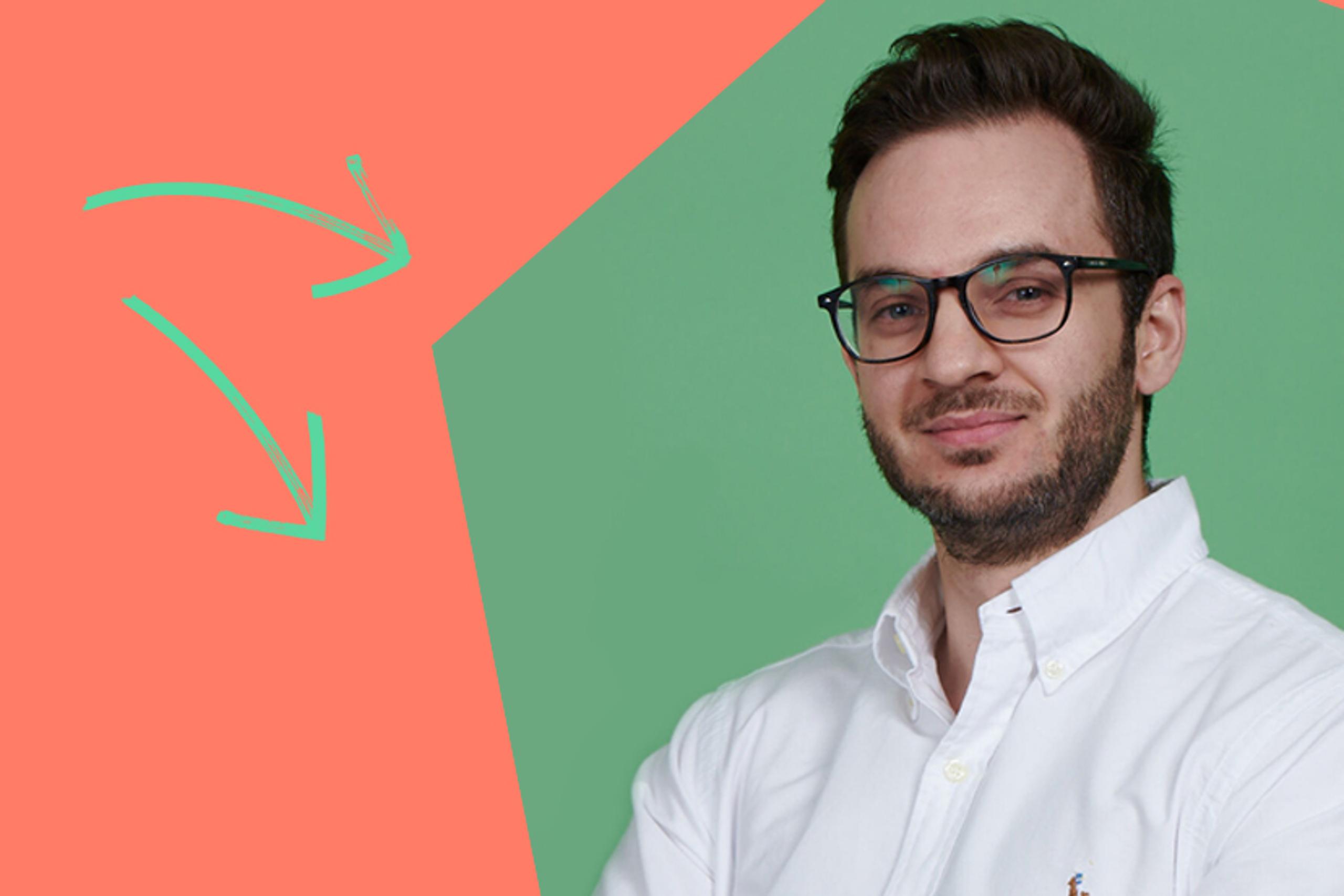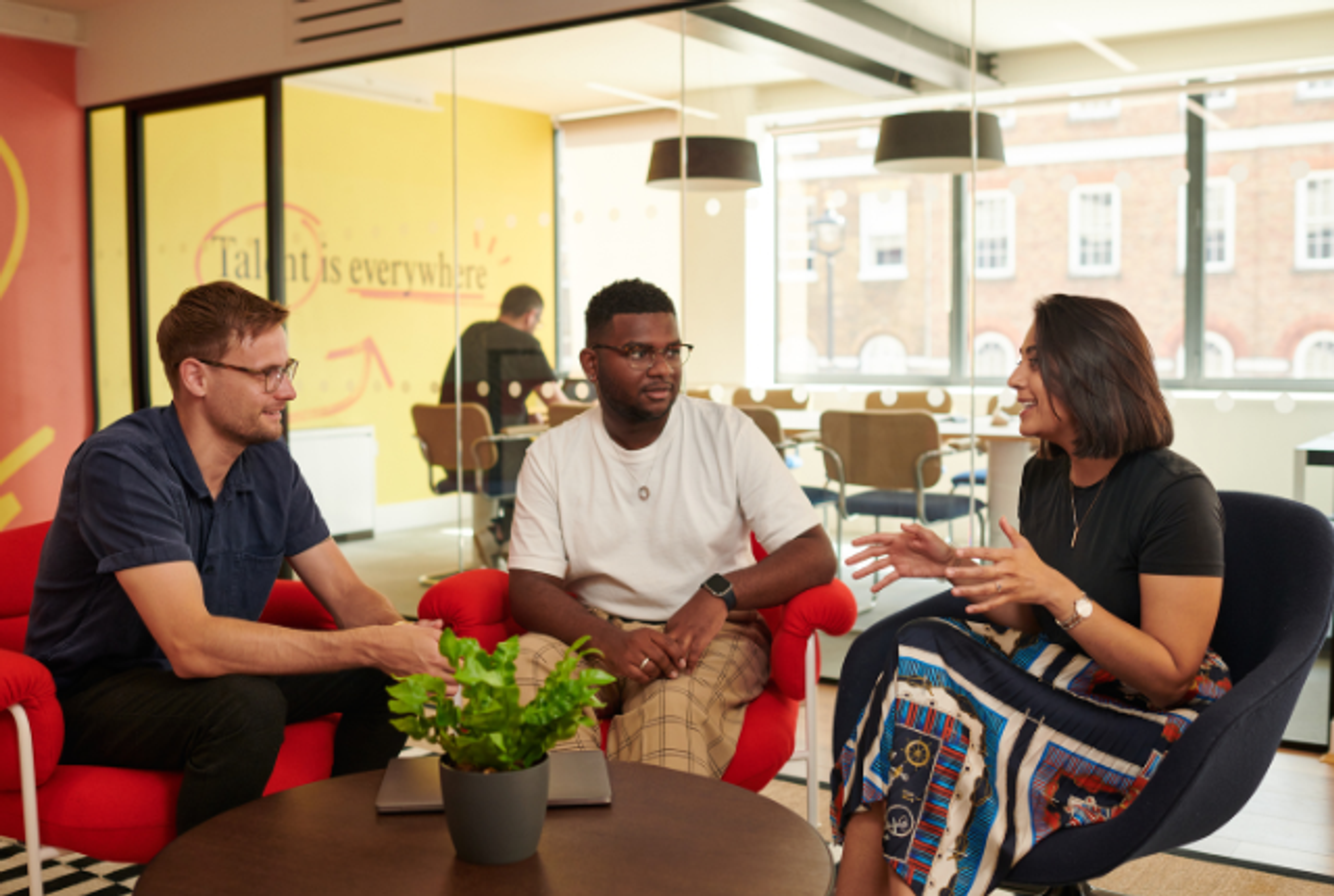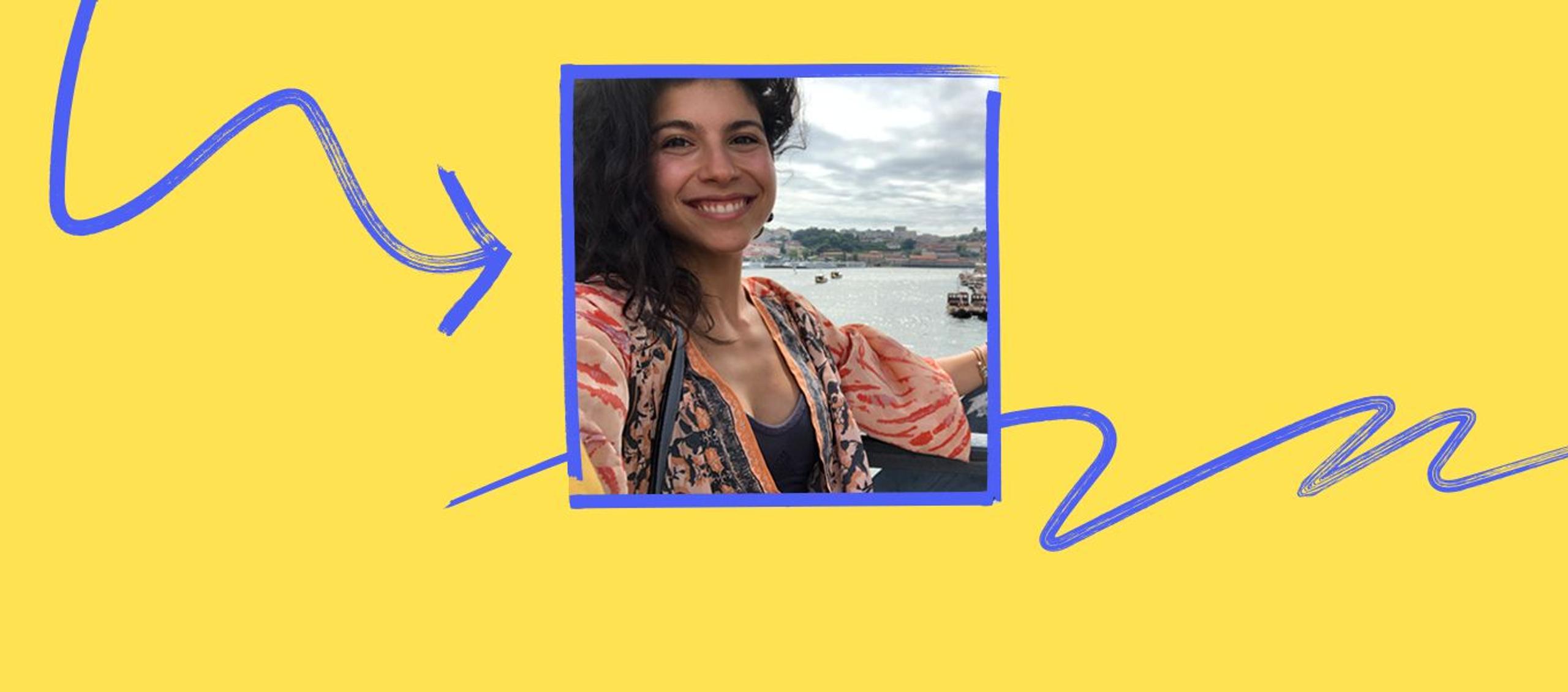Ilyas Sagar-Ouriaghli(opens new window) is the Technical Lead on our Data Fellowship Programme. Ilyas has experienced the transition from academia to coaching at Multiverse, and shares his advice about building an impactful career after completing a PhD.
Finished your PhD, now what?
Finishing your PhD is one thing, but the question of knowing what to do next is one that is likely to elicit fears and worries. Much of the reason as to why we get into academia in the first place is to be able to make a difference in the world. Having an impactful career is the core ingredient on what gets us out of bed in the morning. And for some reason, I was led to believe this was only possible in academia.
I committed 7 years of my professional career to studying, researching and learning as much as possible around the world of mental health and clinical psychology. My PhD is in mental health help-seeking and how to better facilitate men to access mental health support. I initially wanted to be a therapist, but after working in the NHS and supporting patients with a range of mental health difficulties - I soon questioned if it was really the right path for me. It was apparent that I was good at research(opens new window), maybe my skills didn’t just lie in the world of clinical work.
But this is where the panic sets in. What on earth do I do with my PhD in mental health if I don’t want to be a therapist? Have I just wasted 7 years of my life? Am I going to be ‘trapped’ in a career that I ultimately couldn’t get out of? Do I have to start all over again? Will anyone understand my skills and what I bring to the table? Will I have to say bye to having an impactful career?
Identifying your transferable skills
This is where the hard work really started. I figured that I have a range of skills that can be applicable across a range of contexts - I just had to find out what these are and how they’re relevant. The better I was able to do this the better chance I’d have at finding that impactful career I desired.
I spent several months thinking and reflecting on my transferable skills(opens new window). How were they relevant? What other skills do PhDs possess? What else can I do? I Googled every possibility you can imagine. Often you stumble across a range of guidance and transferable skills PhDs usually all possess(opens new window). Skills like problem solving, project management, creative thinking, communication skills (I was training to be a therapist remember), self-resilience, writing and publishing, are common themes that emerge. The more time I spent doing this exercise the list only grew. If anything, it got to a point where I realised I could do a million different things. Quite the opposite of my fears and what many academics experience when they get to the end of their PhD. That impactful career felt more attainable.
Finding new opportunities
Knowing you can do a million different things isn’t actually helpful. It’s a nice feeling, sure, but it unfortunately isn’t a vending machine where you just enter your skills and it spits out an impactful career. So in short, I had to find a way to trim it down and be more focused and purposeful in my approach.
This is where I really got to discover myself and my core values at a deeper level.(opens new window) As already mentioned, having an impactful career was something I was always after so I already knew that was deeply important to me. But I was able to reflect on other things - what kind of work life balance did I want? Do I want to work remotely? Will I be working in a team or alone? Will my new career support my own wellbeing?
In short, what things were important to me that would encourage me to feel happy and fulfilled - without compromise. From not knowing where to start, to identifying my own transferable skills that provided a range of possibilities, to then being able to narrow it down to focus on the things I deeply cared about was quite a journey.
Why Multiverse?
With the things outlined above, Multiverse is going to feel like a no-brainer. I deeply care about helping others - you don’t train to be a therapist because it sounds cool. Having an impactful career is something I wanted to have regardless of being in academia or not. Multiverse’s sole mission is to offer an outstanding alternative to university and corporate training. Multiverse seeks to offer an opportunity for those who haven’t had it, to level the playing field, and to give people like me a chance to change their situation, to find a career they find fulfilling and change the status quo.
Furthermore, knowing I work remotely, have support from both my team and the organisation to support my own wellbeing whilst also working with some of the brightest people I’ve ever interacted with really makes Multiverse incredibly special.
Multiverse’s coaching role also happens to overlap well with my previous career. Sure, I’m no longer working in a clinical setting. But the skills I’ve learnt from teaching during my PhD and from patients really enables me to thrive as a coach. Being able to mentor, support and encourage people to learn new things really leverages my past experiences. Equally, having been taught statistics as part of Psychology and having explored programming languages during my PhD gives me further foundations to excel as a Data Coach(opens new window). Here at Multiverse, I get to teach people how to code and support them across their professional development. I’m using skills I love to use, in a team that supports me, whilst being able to have an impactful career by changing the lives of many.
On the surface, the journey of training to be a therapist to teaching people how to code doesn’t quite make sense. But when I talk through my experiences, my transferable skills and values, I hope it’s clear to see I’m right at home.
We’re hiring Data Coaches to join our growing team. Apply here(opens new window)!
Ilyas writes a personal blog about the challenges of life after academia. Read more valuable insights here.(opens new window)





